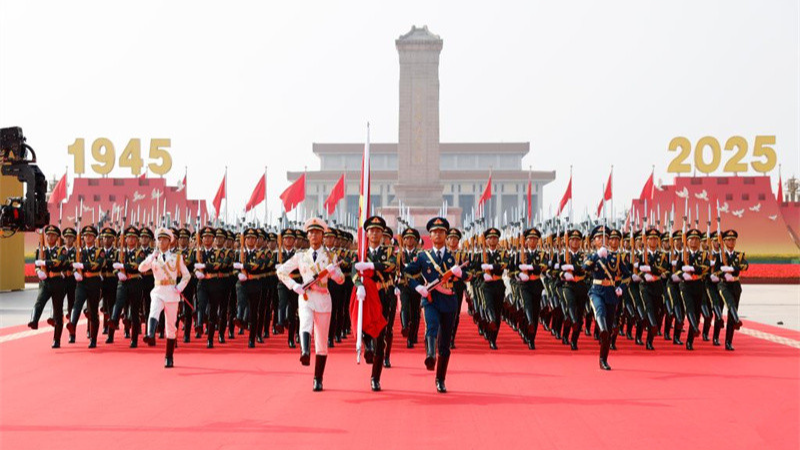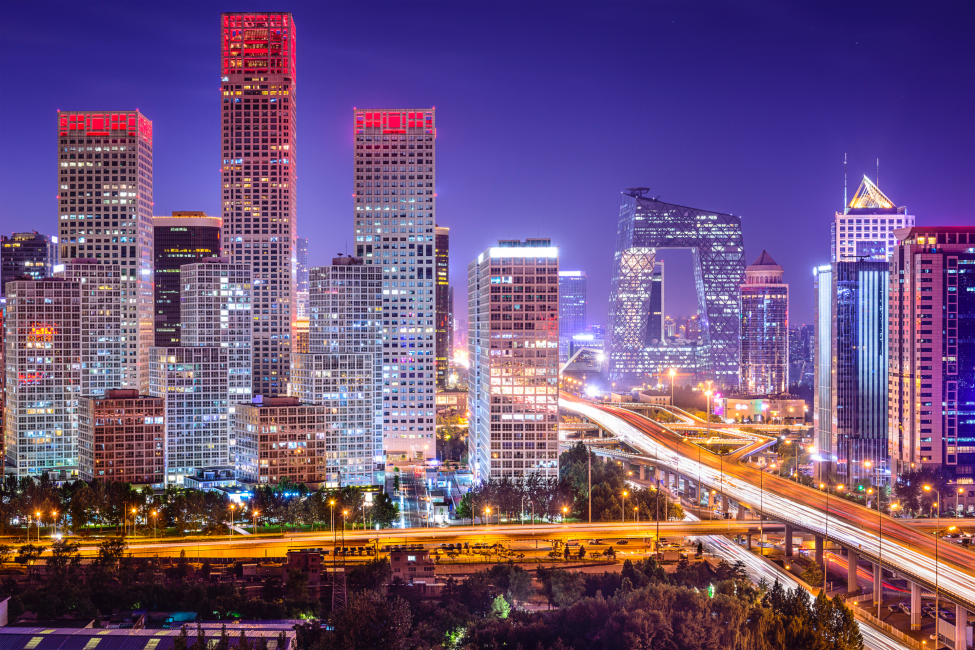Every 1st of October, China celebrates the National Day, a commemoration of the founding of the People’s Republic of China in 1949, when Mao Tse Tung formally proclaimed the founding of that great country. Because of the significance of that day, there is always a week-long celebration, commonly referred to as the Golden Week, typically punctuated by nationwide festivities and concerts.
Now, if some African leaders might read with excitement China’s week-long national celebrations, I should clarify, perhaps to some’s disappointment, that that was not always the case. It is better for poor, developing countries to even suspend independence celebrations in favour of spending on more urgently needed public goods and services. This is what China did in the 1960s when, in September 1960, the Central Committee of the Chinese Communist Party and the State Council implemented the policy of “practising economy and frugality to build up the country”, and reformed the system of National Day ceremonies by implementing “one small celebration in five years and one big parade in ten years”.
However, frugality is not the only lesson we can learn from China’s last 76 years’ journey. That country’s transformation holds imperative lessons both political and economic, especially for developing countries in Africa.
One of the genius political lessons to draw from China’s experience is the need to maintain stability while implementing rapid economic reforms. Whereas the leaders of China, since the time of Deng Xiaoping up to Jiang Zemin, strongly opposed the Western style of democracy, they managed to skilfully and steadily adjust the country’s political system to stave off the materialisation of socioeconomic chaos, which had dangerously troubled many Third World nations, especially the former communist states. Since political instability is very familiar in some African countries, it is critical that our leaders study China carefully to pick lessons on how Chinese leaders managed to accommodate incremental social changes without disrupting their country.
China has had an impressive run of transformation. When Deng Xiaoping became the paramount leader in 1978, China’s nominal GNP was a paltry US$44 billion, which was at the time just about 70% of that of South Korea. However, just nineteen years later, by 1997, China’s nominal GNP had grown to $1055 billion, ranking the country as the 7th largest economy in the world. In fact, in the same year, China was the second-largest economy in purchasing power parity (PPP) terms.
Another lesson is that whereas Chinese leaders were welcoming of political reforms in the last 76 years, they have always been keen to indigenise those reforms. For instance, Jiang Zemin, who was the paramount leader /general secretary of the Chinese Communist Party (CCP) from 1989 to 2002, and president of China from 1993 to 2003, did not reject gradual political reform but strongly argued for a Chinese-style democracy, and solemnly insisted that his country would never copy Western political systems. Now, the disaster in Africa is that our leaders typically pursue the ideals of Western democracy full throttle, often at the cost rather than to the benefit of their nations.
It would not have been possible for China to realise far-reaching economic reforms without profound political reforms. Yet Western elites often argue that China never reformed politically. What this simply means is that it did not mimic Western political systems. African leaders need to gain the confidence to understand that their nations’ political reforms do not necessarily have to tick the boxes that imitate Western systems, something a few leaders like Rwanda’s Paul Kagame have embraced. China is the master of this. Mimicking Western-style governance systems in disparate socio-economic, political and historical contexts often leads to disaster.
To its credit, one of China’s significant reforms dating from the 1980s was what Deng described as “the two separations.” This meant the separation of the government from the enterprise and the Party from the government. The former was intended to provide an institutional base for a market economy to grow, while the latter was aimed at reducing the arbitrary interference by the Party in government affairs so as to establish a more efficient government.
It is inevitable for Africa to admire China’s transformation and study its development process. It is the one country in modern history whose experience is of great significance to developing countries because a lot of our nations have a similar history to China’s. As predominantly agrarian societies in an industrialised world, and seeking great leaps forward, we share similar pursuits to China’s. As late developers, we also largely face similar challenges to those faced by China while it was still catching up.
The writer is a senior research fellow at the Development Watch Centre.

